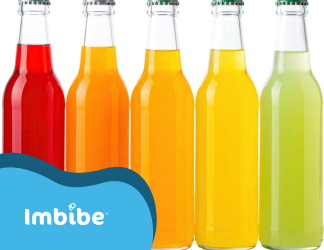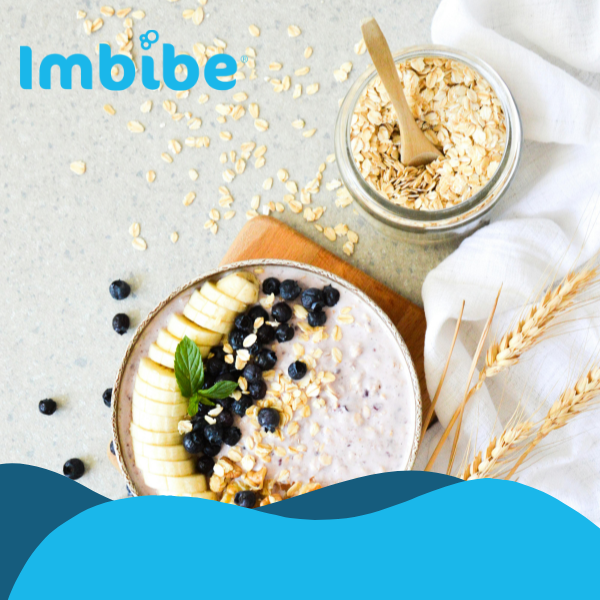Organic Challenges
Companies looking to offer organic products may face unique challenges, particularly if a formulation requires an ingredient that doesn’t have an organic alternative. “A finished product must contain at least 95 percent organic-certified ingredients by weight in order to obtain the USDA organic seal,” explained Guy Affolaby, Imbibe’s manager of regulatory affairs. “The remaining 5 percent of the ingredients have to be organic-compliant or fall within the allowable synthetic ingredients listed by the National Organic Program (NOP). There are several guidelines an ingredient must align with to be considered organic-compliant. Common ingredients like citric acid, vitamins, minerals, juice concentrates, purees and botanical extracts are technically allowed to be part of the 5 percent non-organic portion, but their usage level affects the organic calculations.”
Additionally, Affolaby cautioned products making a 100 percent organic claim must not only contain ingredients certified 100 percent organic, but also be processed with equipment that meets the organic requirements.
Read the full article on Natural Products Insider.



